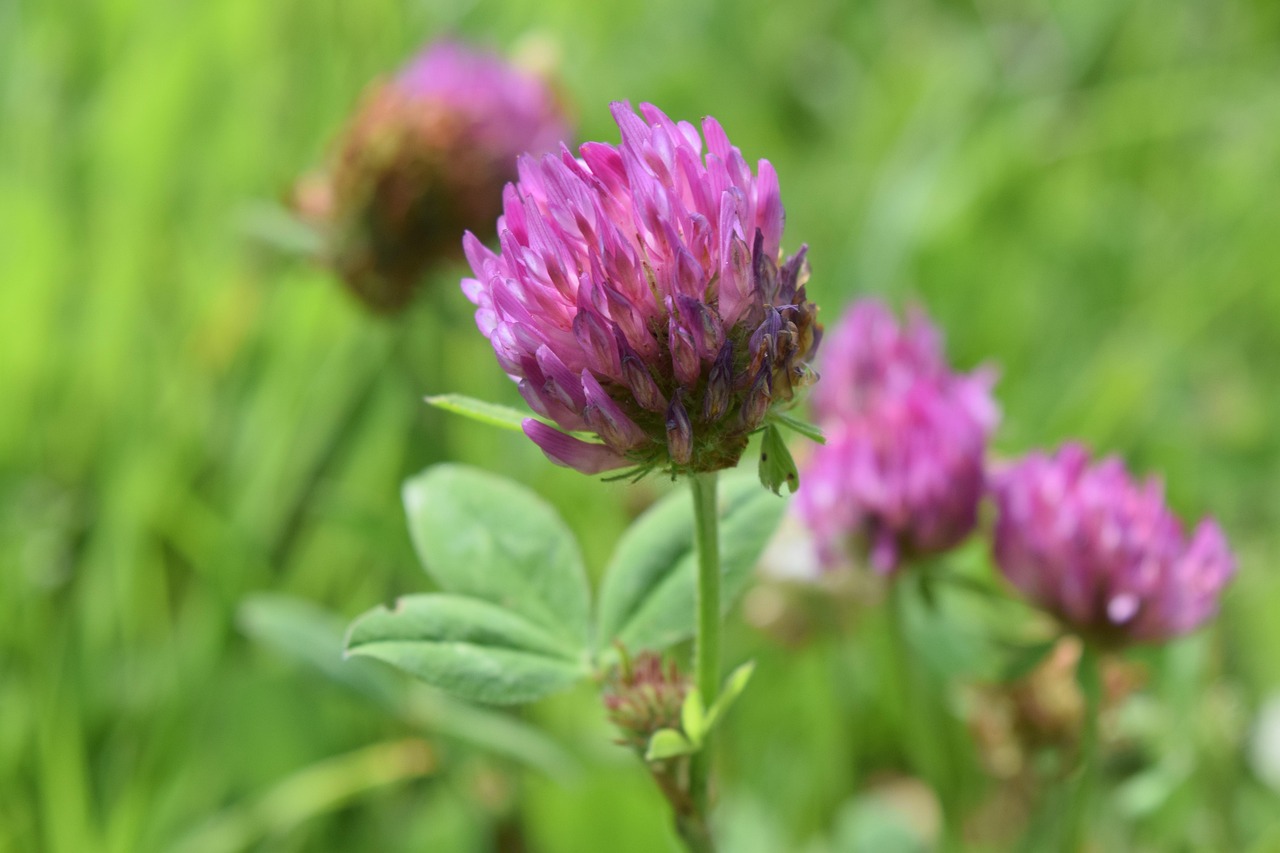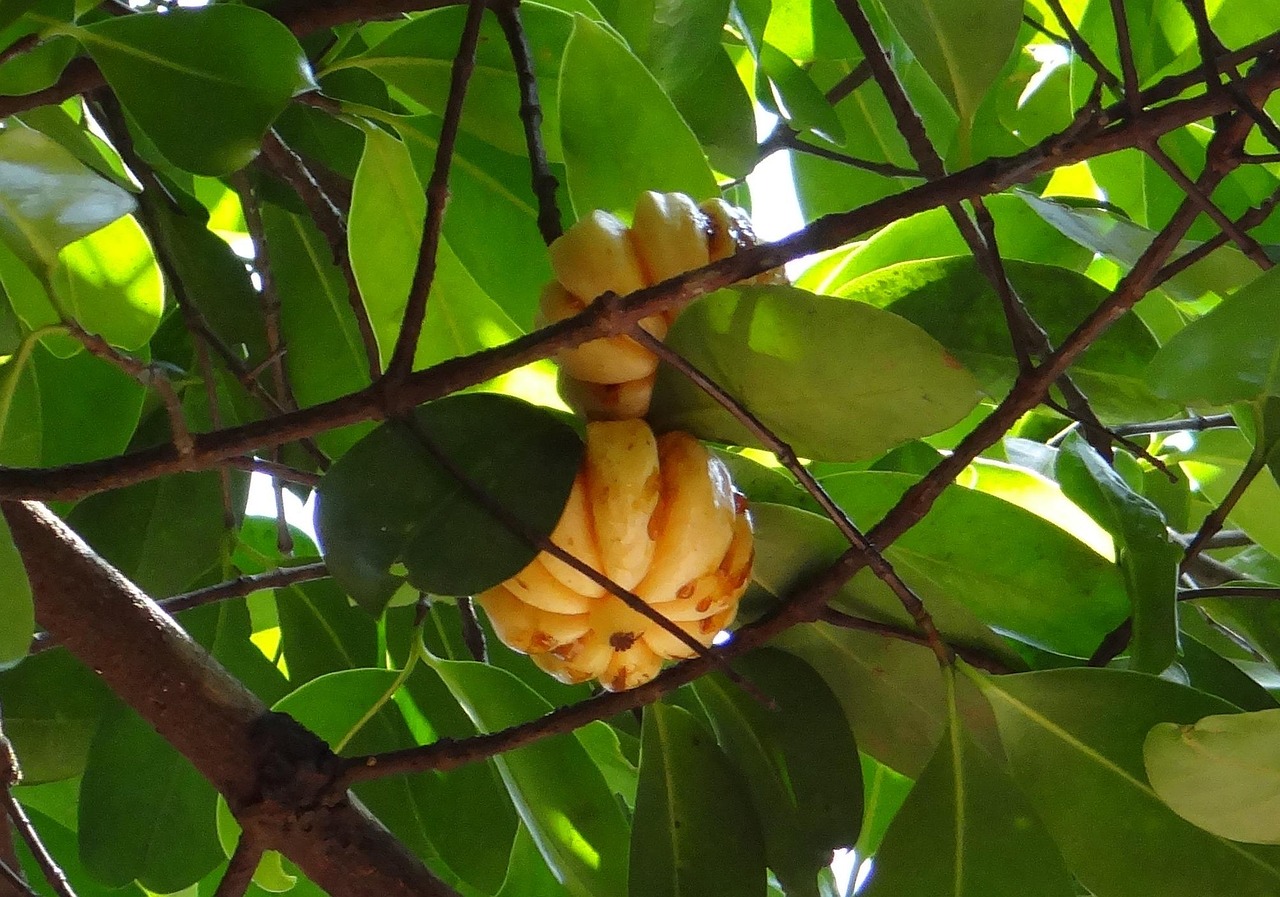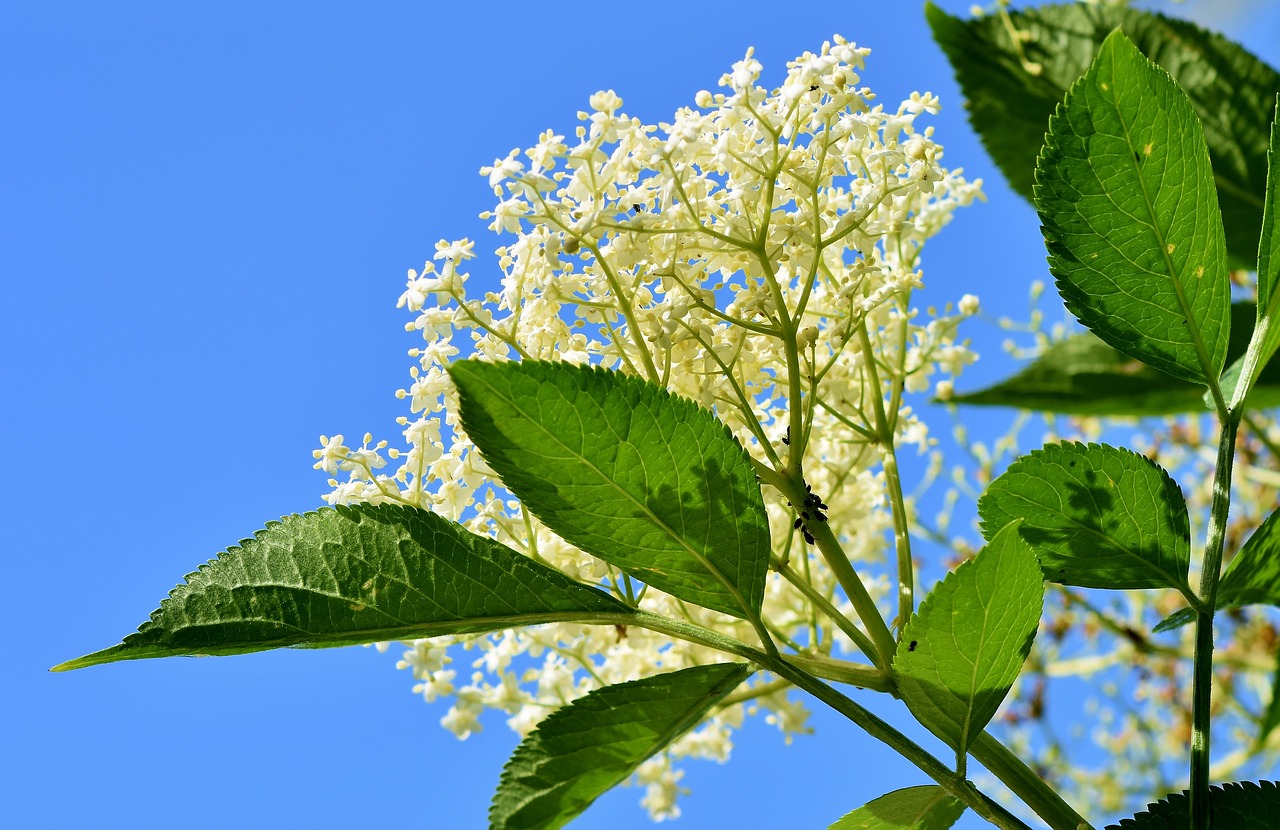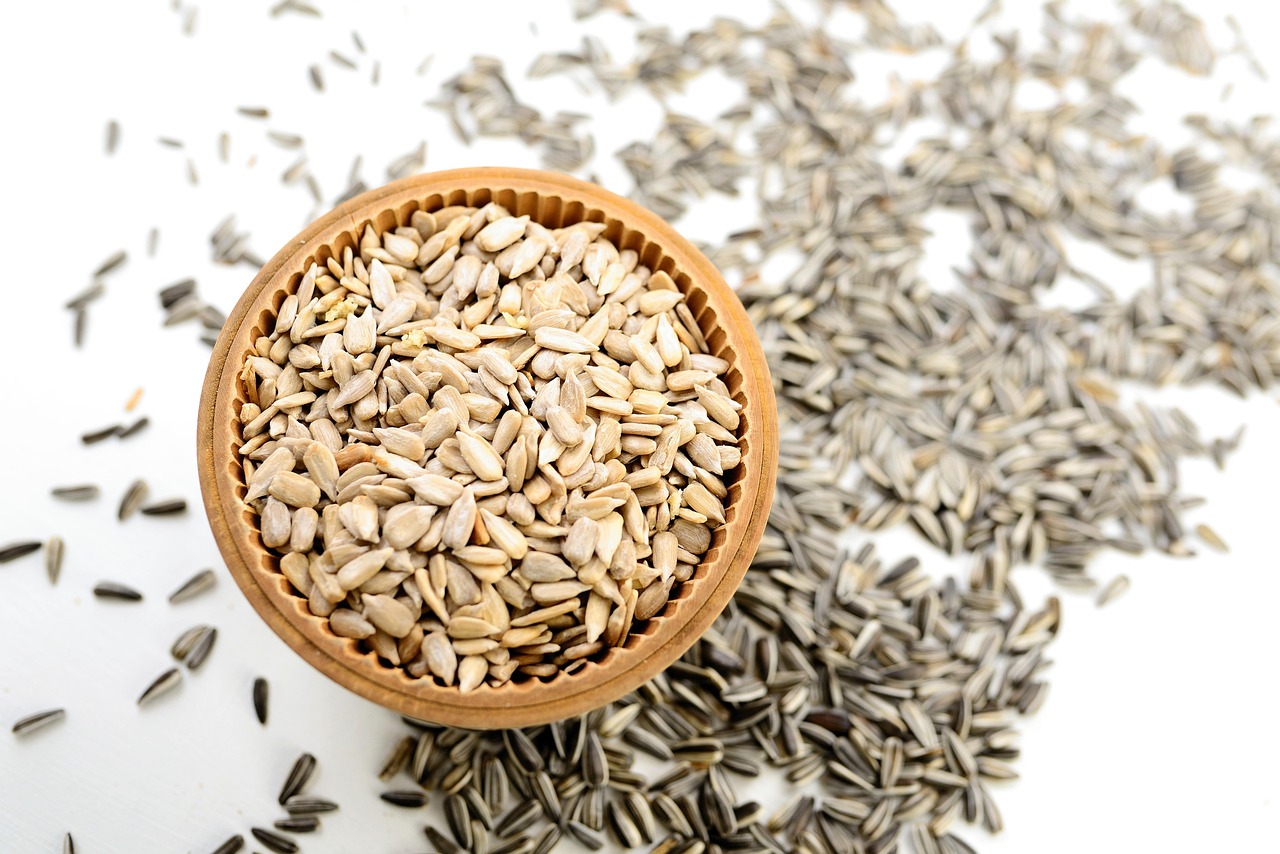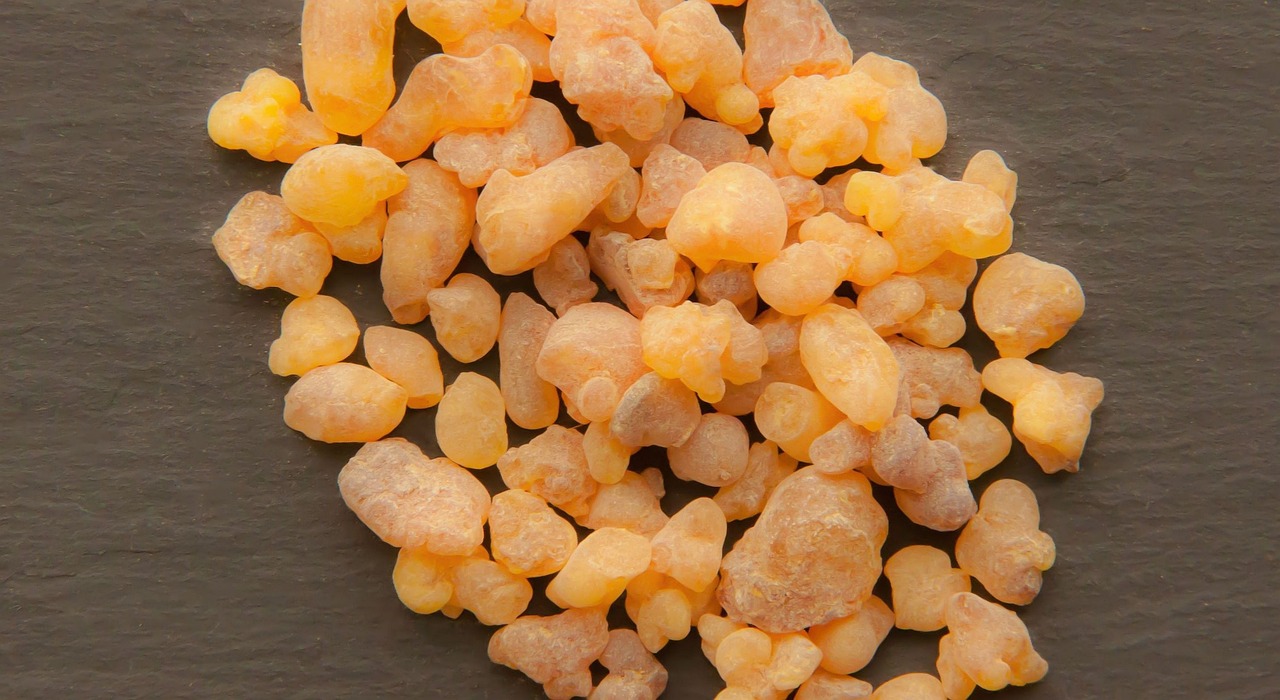This article delves into the potential benefits of Banaba leaf for insulin support, examining its active compounds, health benefits, and how it can be incorporated into daily routines for better blood sugar management.
What is Banaba Leaf?
Banaba leaf, sourced from the Lagerstroemia speciosa tree, has been utilized in traditional herbal medicine for centuries. Its primary reputation stems from its effectiveness in managing blood sugar levels and supporting overall metabolic health.
Active Compounds in Banaba Leaf
The leaf contains several active compounds, notably corosolic acid and ellagitannins, which contribute to its insulin-sensitizing properties. This makes Banaba leaf a focal point in diabetes research.
Corosolic Acid and Its Benefits
Corosolic acid is recognized as the main bioactive component, known for enhancing glucose uptake in cells. This action supports healthy blood sugar levels and promotes metabolic health.
Mechanism of Action
Understanding how corosolic acid operates at the cellular level reveals its effectiveness in improving insulin sensitivity and glucose metabolism, making it a valuable supplement for individuals managing blood sugar.
Research Studies on Corosolic Acid
Numerous studies have highlighted the positive effects of corosolic acid on blood glucose regulation, showcasing its potential as a natural aid for those facing insulin resistance or diabetes.
Ellagitannins and Their Role
Ellagitannins, another key component of Banaba leaf, contribute to its antioxidant properties and may enhance insulin sensitivity, providing further support for metabolic health and overall well-being.
Health Benefits of Banaba Leaf
- Antioxidant Properties: The antioxidant effects of Banaba leaf help combat oxidative stress, linked to various chronic diseases.
- Weight Management Support: Incorporating Banaba leaf into a balanced diet may assist with weight management by promoting healthy metabolic processes.
How to Incorporate Banaba Leaf into Your Routine
Banaba leaf can be consumed in various forms, including supplements, teas, and extracts, allowing individuals to choose the method that best fits their lifestyle.
Banaba Leaf Supplements
Supplements are a convenient way to include Banaba leaf in your daily routine, ensuring a consistent intake of its beneficial compounds.
Making Banaba Leaf Tea
Brewing Banaba leaf tea is another enjoyable method to experience its benefits, providing a soothing beverage that can be easily integrated into daily habits.
Potential Side Effects and Considerations
While generally safe, it’s essential to be aware of potential side effects and interactions with medications, especially for individuals with existing health conditions.
Common Side Effects
Some users may experience mild gastrointestinal discomfort or allergic reactions, highlighting the importance of consulting with a healthcare professional before starting any new supplement regimen.
Interactions with Medications
Understanding how Banaba leaf may interact with diabetes medications is crucial for safe and effective use, allowing individuals to benefit without adverse effects.
Conclusion: The Future of Banaba Leaf in Health
As research continues to reveal the benefits of Banaba leaf, its role in supporting insulin sensitivity and overall health may solidify its place in natural health practices, offering a promising avenue for those managing blood sugar levels.

What is Banaba Leaf?
Banaba leaf, sourced from the Lagerstroemia speciosa tree, has been a staple in traditional herbal medicine for centuries. This remarkable plant is celebrated primarily for its potential in managing blood sugar levels and enhancing overall metabolic health. Traditionally, it has been utilized in various cultures, particularly in Southeast Asia, where it is revered for its therapeutic properties.
Rich in bioactive compounds, Banaba leaf is gaining traction in modern wellness circles. Its active ingredients, particularly corosolic acid and ellagitannins, are believed to play significant roles in its effectiveness. These compounds contribute not only to blood sugar regulation but also to a host of other health benefits.
Health Benefits of Banaba Leaf
- Blood Sugar Management: Studies suggest that Banaba leaf can help improve insulin sensitivity, making it a valuable ally for those managing diabetes or insulin resistance.
- Antioxidant Properties: The leaf is rich in antioxidants, which help combat oxidative stress, a contributor to various chronic diseases.
- Weight Management: Incorporating Banaba leaf into your diet might assist in weight management by promoting healthy metabolic processes.
How to Use Banaba Leaf
Banaba leaf can be consumed in several forms, including teas, extracts, and supplements. Each method offers a unique way to harness its benefits:
- Teas: Brewing Banaba leaf tea is a simple and enjoyable way to experience its health benefits.
- Supplements: For those seeking convenience, supplements provide a concentrated dose of its active compounds.
Conclusion
As interest in natural remedies grows, Banaba leaf stands out as a powerful option for supporting insulin sensitivity and overall health. With ongoing research, its potential benefits may continue to expand, solidifying its role in modern health practices.

Active Compounds in Banaba Leaf
are pivotal in understanding its health benefits, particularly its role in insulin sensitivity and blood sugar management. The primary compounds of interest are corosolic acid and ellagitannins, both of which contribute significantly to the therapeutic potential of Banaba leaf.
Corosolic Acid is recognized as the main bioactive component of Banaba leaf. This compound has been extensively studied for its ability to enhance glucose uptake in cells, thereby supporting healthy blood sugar levels. Research indicates that corosolic acid can mimic insulin’s effects, making it a valuable ally for individuals managing insulin resistance or diabetes. Its mechanism of action involves improving insulin sensitivity, which can lead to better overall metabolic health.
| Compound | Benefits |
|---|---|
| Corosolic Acid | Enhances glucose uptake, supports insulin sensitivity |
| Ellagitannins | Provides antioxidant support, may enhance insulin sensitivity |
Ellagitannins, another significant component of Banaba leaf, are known for their antioxidant properties. These compounds not only help in reducing oxidative stress but also play a role in enhancing insulin sensitivity. By combating free radicals in the body, ellagitannins contribute to overall health and may support metabolic processes that are crucial for maintaining balanced blood sugar levels.
In summary, the active compounds found in Banaba leaf, particularly corosolic acid and ellagitannins, are essential for its insulin-sensitizing properties. Their combined effects offer promising benefits for individuals looking to manage their blood sugar levels naturally. As research continues to evolve, the full spectrum of health benefits associated with these compounds is likely to be further elucidated, solidifying Banaba leaf’s place in natural health practices.
Corosolic Acid and Its Benefits
Corosolic acid, a remarkable bioactive compound found in Banaba leaf, has garnered attention for its potential health benefits, particularly in the realm of blood sugar management. This compound is primarily recognized for its ability to enhance glucose uptake in cells, thus playing a pivotal role in maintaining healthy blood sugar levels.
Research suggests that corosolic acid may help improve insulin sensitivity, a crucial factor for individuals managing conditions like diabetes. By facilitating the transport of glucose into cells, it helps the body utilize sugar more efficiently, which can lead to improved overall metabolic health.
| Benefit | Description |
|---|---|
| Enhanced Glucose Uptake | Corosolic acid promotes the absorption of glucose in cells, aiding in better blood sugar control. |
| Improved Insulin Sensitivity | This compound may help the body respond better to insulin, reducing the risk of insulin resistance. |
| Metabolic Health | By supporting glucose metabolism, corosolic acid contributes to overall metabolic well-being. |
In addition to its direct effects on blood sugar, corosolic acid is also thought to possess antioxidant properties. These properties help combat oxidative stress, a factor that can contribute to chronic diseases, including diabetes and cardiovascular issues.
Incorporating Banaba leaf into your daily routine can be an excellent way to harness the benefits of corosolic acid. Available in various forms such as supplements, teas, and extracts, it allows for easy integration into one’s lifestyle, catering to individual preferences.
Overall, corosolic acid stands out as a valuable component of Banaba leaf, offering significant benefits for those looking to maintain healthy blood sugar levels and enhance their metabolic health.
Mechanism of Action
Understanding the of corosolic acid is crucial for appreciating its role in enhancing insulin sensitivity and optimizing glucose metabolism. This bioactive compound, primarily found in Banaba leaf, interacts with cellular pathways that are essential for maintaining healthy blood sugar levels.
Corosolic acid facilitates the uptake of glucose by cells, a process vital for energy production. This occurs through its influence on insulin signaling pathways, where it enhances the effectiveness of insulin in promoting glucose transport into cells. By activating specific cellular receptors, corosolic acid encourages cells to absorb glucose more efficiently, thus reducing blood sugar levels.
Moreover, corosolic acid demonstrates the ability to modulate key enzymes involved in glucose metabolism. It inhibits the activity of alpha-glucosidase, an enzyme that breaks down carbohydrates into glucose. By slowing this process, corosolic acid helps maintain stable blood sugar levels, preventing spikes that can occur after meals.
Research indicates that corosolic acid may also promote the expression of glucose transporter proteins, such as GLUT4, which are essential for glucose uptake in muscle and fat tissues. This dual action—enhancing insulin sensitivity and promoting glucose transporter activity—positions corosolic acid as a powerful ally in managing diabetes and insulin resistance.
In conclusion, the multifaceted mechanism of action of corosolic acid underlines its importance as a supplement for individuals seeking to improve their metabolic health. By understanding how this compound functions at the cellular level, one can appreciate its potential benefits in supporting blood sugar management.
Research Studies on Corosolic Acid
Corosolic acid, a key component derived from the Banaba leaf, has garnered attention in various scientific studies due to its promising effects on blood glucose regulation. As diabetes and insulin resistance continue to be prevalent health concerns globally, the exploration of natural compounds like corosolic acid offers hope for better management strategies.
Mechanism Behind Corosolic Acid’s Effects
Research indicates that corosolic acid enhances glucose uptake in peripheral tissues, which is vital for maintaining healthy blood sugar levels. By facilitating insulin sensitivity, it helps cells absorb glucose more efficiently, thereby reducing blood sugar spikes after meals.
Key Findings from Recent Research
- A study published in the Journal of Ethnopharmacology highlighted that participants who supplemented with corosolic acid experienced significant reductions in fasting blood glucose levels.
- Another clinical trial demonstrated that corosolic acid improved insulin sensitivity in individuals with prediabetes, suggesting its potential as a preventive measure against type 2 diabetes.
- Research in the Journal of Medicinal Food indicated that corosolic acid also possesses antioxidant properties, which may further support metabolic health by reducing oxidative stress.
Potential Applications in Diabetes Management
The implications of these studies suggest that corosolic acid could be integrated into dietary supplements aimed at supporting blood sugar management. However, it is crucial for individuals to consult healthcare professionals before starting any new regimen, particularly those with existing health conditions.
Conclusion
In summary, the body of research surrounding corosolic acid underscores its potential as a natural aid for individuals dealing with insulin resistance or diabetes. As studies continue to unfold, corosolic acid may emerge as a valuable component in holistic approaches to blood sugar management.
Ellagitannins and Their Role
Ellagitannins are a vital component of Banaba leaf, known for their significant health benefits, particularly in relation to insulin sensitivity and antioxidant properties. These polyphenolic compounds have garnered attention for their potential to enhance metabolic health and overall well-being.
Research indicates that ellagitannins may play a crucial role in the regulation of blood sugar levels. By improving insulin sensitivity, they help cells utilize glucose more effectively, which is essential for maintaining healthy blood sugar levels. This mechanism is particularly beneficial for individuals with insulin resistance or those at risk of developing diabetes.
Moreover, ellagitannins exhibit potent antioxidant properties. They help combat oxidative stress by neutralizing free radicals in the body. This action is vital because oxidative stress is linked to various chronic diseases, including cardiovascular issues and metabolic disorders. By incorporating ellagitannins into a balanced diet, individuals may reduce their risk of these health complications.
In addition to their metabolic benefits, ellagitannins may also support weight management. By promoting healthy metabolic processes, they can help reduce cravings and support overall weight loss efforts. This makes Banaba leaf, rich in ellagitannins, a valuable addition to any wellness regimen.
To harness the benefits of ellagitannins, individuals can consider incorporating Banaba leaf into their daily routine through various forms such as supplements, teas, or extracts. This flexibility allows users to choose a method that aligns with their lifestyle and preferences.
In conclusion, ellagitannins found in Banaba leaf are not only instrumental in enhancing insulin sensitivity but also contribute significantly to antioxidant defense and metabolic health. As ongoing research continues to explore their benefits, integrating this natural compound into one’s diet could be a promising strategy for improving overall health.

Health Benefits of Banaba Leaf
Banaba leaf, derived from the Lagerstroemia speciosa tree, has gained popularity in recent years due to its numerous health benefits. Beyond its well-known role in supporting insulin sensitivity, Banaba leaf is a powerhouse of potential health advantages that can enhance overall well-being.
Antioxidant Properties
One of the standout features of Banaba leaf is its antioxidant properties. These compounds help combat oxidative stress, which is linked to various chronic diseases, including heart disease and cancer. By neutralizing free radicals, Banaba leaf can play a vital role in protecting the body from cellular damage.
Weight Management Support
Incorporating Banaba leaf into a balanced diet may aid in weight management. Studies suggest that it can help regulate appetite and reduce cravings, which is crucial for those looking to maintain a healthy weight. Its ability to promote healthy metabolic processes makes it a beneficial addition to any weight loss regimen.
Cardiovascular Health
Another potential benefit of Banaba leaf is its positive impact on cardiovascular health. Some research indicates that the compounds found in Banaba can help lower cholesterol levels and improve blood circulation, reducing the risk of heart disease. This makes it an excellent choice for individuals looking to enhance their heart health.
Incorporating Banaba Leaf into Your Diet
- Supplements: Available in capsule or tablet form, these are an easy way to ensure you are getting the health benefits of Banaba leaf.
- Teas: Brewing Banaba leaf tea is a soothing and enjoyable method to incorporate this herbal remedy into your daily routine.
- Extracts: Concentrated extracts can be added to smoothies or other beverages for a health boost.
Conclusion
As research continues to unveil the multitude of benefits associated with Banaba leaf, it is clear that this herbal remedy can play a significant role in supporting not only insulin sensitivity but also overall health. From its antioxidant properties to its potential in weight management and cardiovascular health, Banaba leaf is a valuable addition to a health-conscious lifestyle.
Antioxidant Properties
play a crucial role in maintaining overall health and wellness. They help neutralize free radicals in the body, which are unstable molecules that can cause oxidative stress, leading to cellular damage and various chronic diseases. The Banaba leaf, derived from the Lagerstroemia speciosa tree, is increasingly recognized for its significant antioxidant benefits, making it a valuable addition to a health-conscious diet.
Oxidative stress is linked to numerous health issues, including heart disease, diabetes, and certain cancers. By incorporating Banaba leaf into your routine, you may help combat these risks. The leaf contains powerful compounds, such as corosolic acid and ellagitannins, which are known for their antioxidant properties. These compounds work synergistically to enhance the body’s defense mechanisms against oxidative damage.
- Corosolic Acid: This bioactive compound not only supports healthy blood sugar levels but also exhibits strong antioxidant activity, protecting cells from damage.
- Ellagitannins: These compounds contribute to the anti-inflammatory effects of Banaba leaf, further supporting overall health by reducing oxidative stress.
Research indicates that the antioxidant properties of Banaba leaf may also aid in weight management. By reducing oxidative stress, the body can improve metabolic processes, which is essential for maintaining a healthy weight. Furthermore, the leaf’s ability to promote insulin sensitivity means that it may assist in regulating blood sugar levels, ultimately contributing to better overall health.
Incorporating Banaba leaf into your diet can be simple and enjoyable. It can be consumed as a supplement, brewed as a tea, or added to smoothies. Regardless of the method, the antioxidant benefits of Banaba leaf can support a healthier lifestyle.
In conclusion, the antioxidant properties of Banaba leaf are not only beneficial for combating oxidative stress but also play a role in enhancing overall metabolic health. By including this powerful herb in your daily routine, you can take proactive steps towards better health and well-being.
Weight Management Support
Incorporating Banaba leaf into a balanced diet can significantly contribute to weight management by enhancing metabolic processes and curbing cravings, aligning with broader wellness objectives. This herbal remedy, derived from the Lagerstroemia speciosa tree, has gained attention for its potential benefits in supporting healthy body weight.
One of the primary mechanisms through which Banaba leaf aids in weight management is its ability to promote healthy metabolic processes. The active compounds found in Banaba leaf, particularly corosolic acid, have been shown to enhance glucose uptake in cells. This action not only supports optimal blood sugar levels but also helps regulate energy usage in the body, which is crucial for maintaining a healthy weight.
Moreover, Banaba leaf may assist in reducing cravings. By stabilizing blood sugar levels, it can help prevent the spikes and crashes in energy that often lead to unhealthy snacking and overeating. This makes it a valuable addition for those looking to manage their weight effectively.
| Benefits of Banaba Leaf for Weight Management |
|---|
| Promotes healthy metabolic processes |
| Reduces cravings |
| Supports blood sugar regulation |
| Enhances energy utilization |
To incorporate Banaba leaf into your daily routine, consider options like supplements or teas. These methods provide a convenient way to experience its benefits while fitting seamlessly into your lifestyle. Additionally, being mindful of dietary choices and engaging in regular physical activity can further amplify the weight management effects of Banaba leaf.
In conclusion, adding Banaba leaf to a balanced diet can be a strategic approach to weight management. By promoting healthy metabolic functions and reducing cravings, it aligns well with overall wellness goals, making it a recommended consideration for those aiming to achieve and maintain a healthy weight.

How to Incorporate Banaba Leaf into Your Routine
Banaba leaf is gaining popularity for its potential health benefits, particularly in supporting insulin sensitivity and blood sugar management. Its versatility allows individuals to easily integrate it into their daily lives. Here are some effective ways to consume Banaba leaf:
- Banaba Leaf Supplements: These are available in capsule or tablet form, making them a convenient option for those with busy lifestyles. Taking supplements ensures a consistent intake of the beneficial compounds found in Banaba leaf, which can support overall health.
- Banaba Leaf Tea: Brewing a cup of Banaba leaf tea is a delightful way to enjoy its health benefits. Simply steep dried Banaba leaves in hot water for several minutes. This soothing beverage can be enjoyed at any time of the day, making it an easy addition to your routine.
- Banaba Leaf Extracts: Concentrated extracts can be used in various recipes or taken directly. They offer a potent dose of the active compounds, allowing for flexible consumption methods, such as adding to smoothies or juices.
- In Cooking: Dried Banaba leaves can be incorporated into cooking. They can be used to infuse flavor into soups, stews, or even rice dishes, providing an additional health boost to your meals.
When incorporating Banaba leaf into your routine, it’s essential to start with a small amount to gauge your body’s response. Consulting with a healthcare professional before beginning any new supplement regimen is also recommended, especially for those with existing health conditions or those taking medications.
In conclusion, whether you prefer supplements, teas, or extracts, Banaba leaf offers a variety of options for enhancing your health. Its adaptability makes it easy for anyone to find a method that fits their lifestyle, promoting better blood sugar management and overall wellness.
Banaba Leaf Supplements
are an increasingly popular choice for those looking to enhance their overall health and support their insulin levels. Derived from the leaves of the Lagerstroemia speciosa tree, Banaba leaf has been used in traditional medicine for centuries, particularly in managing blood sugar levels. This article will explore the benefits, forms, and considerations surrounding the use of Banaba leaf supplements.
One of the primary reasons individuals turn to is their potential to aid in blood sugar management. The active compounds, such as corosolic acid, are believed to enhance insulin sensitivity, making it easier for the body to regulate glucose levels. This can be particularly beneficial for those with insulin resistance or those seeking to maintain healthy blood sugar levels.
- Convenience: Supplements provide a straightforward way to incorporate Banaba leaf into your daily routine, ensuring a consistent intake of its beneficial compounds.
- Variety: Available in various forms, including capsules, powders, and extracts, individuals can choose the method that best fits their lifestyle.
- Dosage Flexibility: Supplements allow for precise dosing, making it easier to tailor intake based on individual health needs.
In addition to insulin support, Banaba leaf supplements may offer other health benefits, such as antioxidant properties that combat oxidative stress and contribute to overall wellness. This makes them a valuable addition to a balanced diet.
However, as with any supplement, it’s essential to consider potential side effects. While generally safe, some users may experience mild gastrointestinal discomfort. It is advisable to consult a healthcare professional before starting any new supplement regimen, especially for those on medication or with pre-existing health conditions.
In conclusion, present a convenient and effective option for individuals looking to support their insulin levels and overall health. With their numerous benefits and ease of incorporation into daily life, they can play a vital role in a health-conscious lifestyle.
Making Banaba Leaf Tea
is not only a delightful ritual but also a great way to harness the numerous health benefits associated with this remarkable plant. By brewing this herbal tea, you can enjoy a soothing beverage that seamlessly integrates into your daily routine, promoting better health and well-being.
To begin, Banaba leaf is derived from the Lagerstroemia speciosa tree, renowned for its potential in supporting blood sugar levels and overall metabolic health. The process of making Banaba leaf tea is simple and can be done at home, allowing you to enjoy its benefits at your convenience.
- Ingredients:
- 1-2 teaspoons of dried Banaba leaves
- 2 cups of water
- Optional: honey or lemon for taste
Instructions:
- Start by boiling 2 cups of water in a saucepan.
- Add 1-2 teaspoons of dried Banaba leaves to the boiling water.
- Reduce the heat and let it simmer for about 10-15 minutes.
- Strain the tea into a cup, discarding the leaves.
- Add honey or lemon to taste, if desired.
Enjoying Banaba leaf tea regularly can contribute to improved blood sugar management and overall health. The soothing nature of this tea makes it a perfect addition to your morning routine or a calming evening beverage.
Incorporating this tea into your lifestyle not only offers a delicious way to experience the benefits of Banaba leaf but also encourages mindful consumption of herbal remedies. As you sip this tea, take a moment to reflect on your health journey and the positive changes you are making.
In conclusion, Banaba leaf tea serves as a practical and enjoyable method to support your health goals, making it a valuable addition to any wellness regimen.

Potential Side Effects and Considerations
While Banaba leaf is generally regarded as safe for most individuals, it is crucial to be mindful of potential side effects and interactions with other medications. This is especially important for those with pre-existing health conditions or individuals who are currently taking diabetes medications.
Understanding Side Effects
Some users may experience mild gastrointestinal discomfort, such as nausea, diarrhea, or stomach cramps. In rare cases, allergic reactions may occur, leading to symptoms like itching, rashes, or even more severe reactions. It is advisable to start with a lower dose to gauge tolerance.
Interactions with Medications
Banaba leaf may interact with various medications, particularly those used to manage blood sugar levels. For instance, combining Banaba with insulin or other antidiabetic medications could lead to excessively low blood sugar levels, known as hypoglycemia. Therefore, it is essential to consult with a healthcare professional before introducing Banaba leaf into your routine, especially if you are on medication.
Consulting Healthcare Professionals
Before starting any new supplement, including Banaba leaf, it is recommended to consult a healthcare provider. This is particularly vital for individuals with existing health conditions such as diabetes, heart disease, or those who are pregnant or breastfeeding. A healthcare professional can provide personalized advice and monitor any potential interactions with medications.
Conclusion
In summary, while Banaba leaf offers numerous health benefits, it is essential to approach its use with caution. By understanding the potential side effects and interactions, individuals can make informed decisions and safely incorporate this natural supplement into their health regimen.
Common Side Effects
When considering the use of Banaba leaf for its health benefits, it is essential to be aware of potential side effects that some users may experience. While generally regarded as safe for most individuals, there are a few considerations to keep in mind.
- Mild Gastrointestinal Discomfort: Some users may report experiencing mild gastrointestinal issues, such as bloating, gas, or stomach cramps. These symptoms are often temporary and may subside as the body adjusts to the supplement.
- Allergic Reactions: A small percentage of individuals may have allergic reactions to Banaba leaf. Symptoms can include skin rashes, itching, or swelling. If any of these symptoms occur, it is crucial to discontinue use and seek medical attention.
- Blood Sugar Levels: Since Banaba leaf is known for its insulin-supportive properties, individuals taking diabetes medications should monitor their blood sugar levels closely. The combination of Banaba leaf and diabetes medications may lead to lower blood sugar levels than intended.
- Interactions with Medications: It’s important to consult with a healthcare professional before incorporating Banaba leaf into your regimen, especially if you are on other medications. Potential interactions could affect the efficacy of your current treatments.
Consultation is Key: Given the possibility of side effects and interactions, it is highly recommended to consult with a healthcare professional before starting any new supplement regimen. This step is especially important for individuals with pre-existing health conditions or those who are pregnant or nursing.
In conclusion, while Banaba leaf offers promising health benefits, being informed about potential side effects ensures a safe and effective experience. Always prioritize your health by seeking professional advice tailored to your specific needs.
Interactions with Medications
Understanding the interactions between Banaba leaf and various medications is essential for ensuring both safety and efficacy in treatment plans, particularly for individuals managing diabetes. The active compounds in Banaba leaf, such as corosolic acid and ellagitannins, may influence how certain medications work, especially those aimed at controlling blood sugar levels.
Banaba leaf has been traditionally used for its potential to lower blood sugar levels. However, when combined with diabetes medications like metformin or sulfonylureas, there is a possibility of enhanced effects, leading to hypoglycemia (low blood sugar). This emphasizes the importance of monitoring blood sugar levels closely when introducing Banaba leaf into a treatment regimen.
Moreover, individuals taking medications for other health conditions should also be cautious. For example, Banaba leaf may interact with medications that affect liver enzymes, potentially altering the metabolism of those drugs. Therefore, it is crucial for individuals to consult with healthcare professionals before starting any new supplement, including Banaba leaf, to avoid adverse effects.
The following table summarizes potential interactions between Banaba leaf and common diabetes medications:
| Medication | Potential Interaction |
|---|---|
| Metformin | May enhance blood sugar-lowering effects, risking hypoglycemia. |
| Sulfonylureas | Increased risk of low blood sugar levels when combined with Banaba leaf. |
| Insulin | Potential for increased insulin sensitivity, requiring dosage adjustments. |
| Liver Enzyme Modulators | May alter the metabolism of these medications. |
In conclusion, while Banaba leaf may offer numerous health benefits, including support for insulin sensitivity, it is vital to approach its use with caution, particularly for those on diabetes medications or other treatments. Regular consultation with healthcare providers can help navigate potential interactions, ensuring safe and effective use of this herbal supplement.
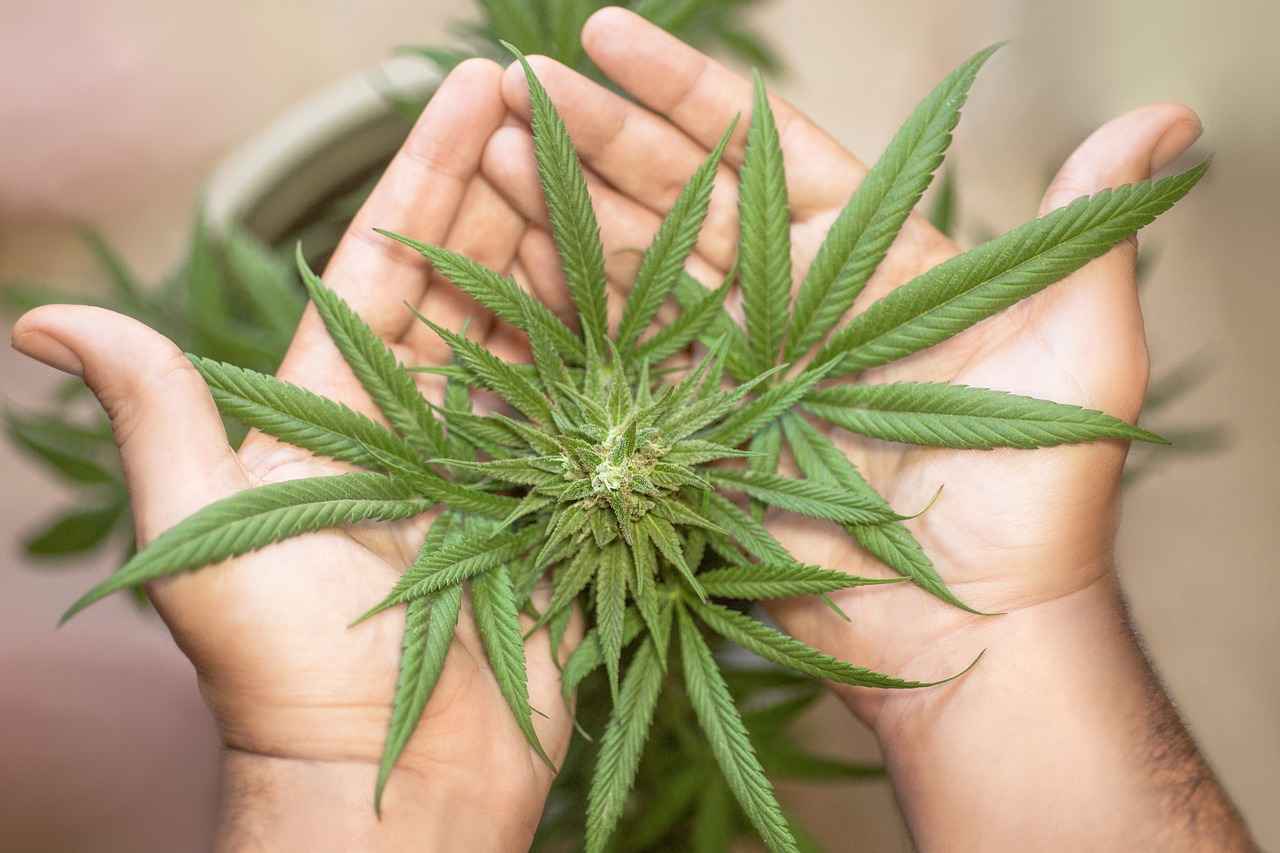
Conclusion: The Future of Banaba Leaf in Health
As ongoing research continues to unveil the remarkable benefits of Banaba leaf, its significance in enhancing insulin sensitivity and promoting overall health is becoming increasingly apparent. This natural herb, derived from the Lagerstroemia speciosa tree, has long been utilized in traditional medicine, particularly for its potential in managing blood sugar levels.
The active compounds found in Banaba leaf, notably corosolic acid and ellagitannins, are at the forefront of scientific studies aimed at understanding their effects on metabolic health. These compounds not only support healthy glucose metabolism but also contribute to antioxidant properties, which can help combat oxidative stress—a factor linked to numerous chronic health conditions.
Moreover, the versatility of Banaba leaf allows individuals to incorporate it into their daily routines through various forms such as supplements, teas, or extracts. This adaptability makes it easier for people to benefit from its properties, regardless of their lifestyle preferences.
However, while the potential benefits of Banaba leaf are promising, it is crucial for individuals to approach its use with caution. Consulting with healthcare professionals is recommended, especially for those with existing health conditions or those taking medications, to avoid any adverse interactions.
In summary, as research progresses, the role of Banaba leaf in natural health practices is likely to solidify, offering a valuable option for those seeking to manage blood sugar levels and enhance their overall wellness. The future of Banaba leaf looks bright, with the potential to become a staple in the realm of natural health solutions.



